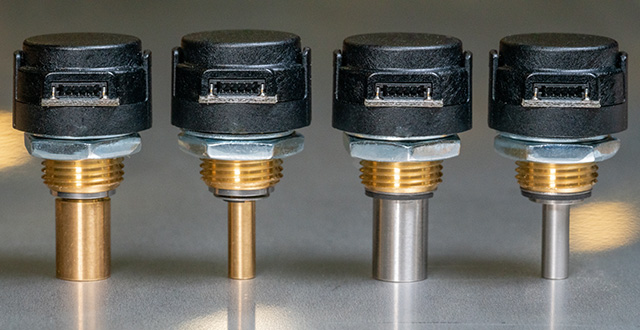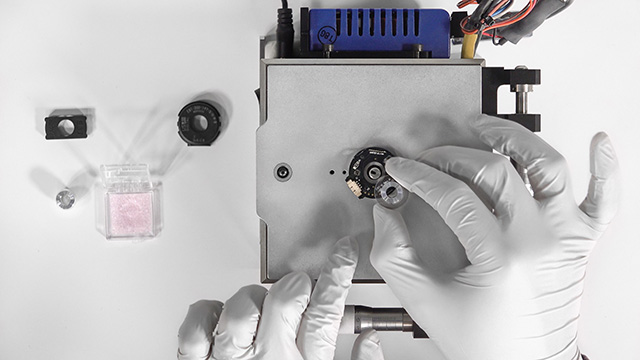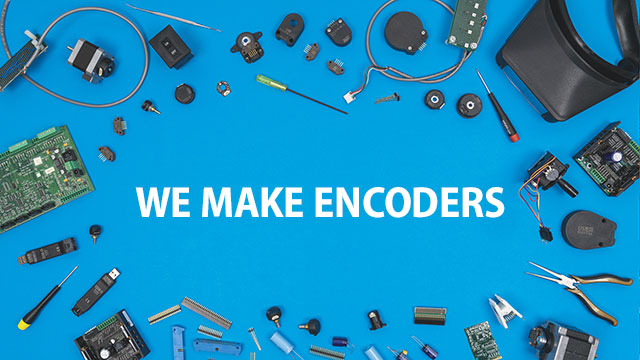News
Page 6 of 7 in News
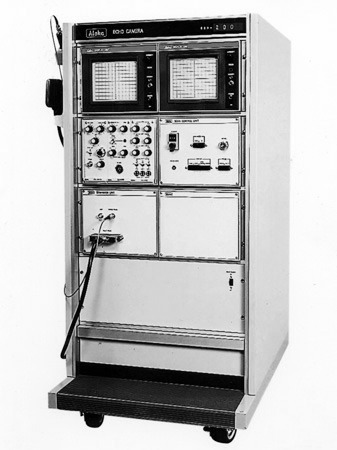
While we can't definitively tell you who created the first encoder, we can walk you through the early history of the industry and its key players. Read More »
Published in News > Blog
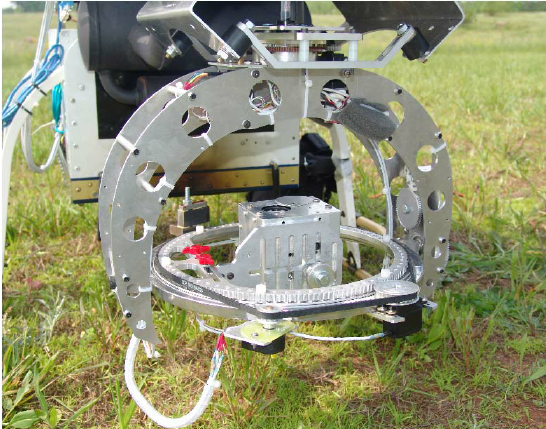
In this post we discuss how encoders can be used in everyone's favorite multi-prop flying objects. The growth of drone applications is always expanding. Read More »
Published in News > Blog
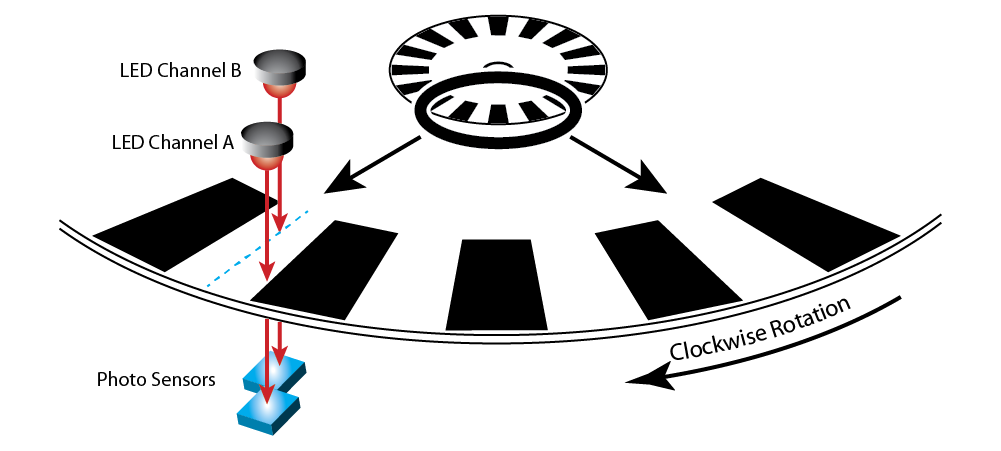
In this post, we'll go over some of the basics of absolute encoders and how to create an encoder disk that generates unique, absolute positions. Read More »
Published in News > Blog

With encoders, depending on the application, the amount of movement detected can be very small. How small is an arcsecond? Find out here. Read More »
Published in News > Blog

This blog post discusses various types of outputs produced by absolute encoders. It identifies analog voltage, PWM and serial communication interfaces. Read More »
Published in News > Blog

Shafted encoders--those that come with a built-in shaft, often are used as control knobs to adjust such parameters as sound volume, speed, and much more. Read More »
Published in News > Blog

In this post, we'll explain the three forms of encoder resolution: native, interpolated and multiplication. Read More »
Published in News > Blog

Watch how US Digital uses a robot in their manufacturing process to increase dramatically the efficiency and reduce wasted time. Read More »
Published in News > Blog

Encoders are used in many different medical applications. This post explores how encoders are used in medical applications on pumps. Read More »
Published in News > Blog

For encoders, which is more important? Encoder Resolution, Encoder Accuracy, or Encoder Precision? The answer is affected by the needs of the application. Read More »
Published in News > Blog
More in News
Stay up to date
Sign up for our newsletter to stay up to date with our product updates, blog posts, videos and white papers.
